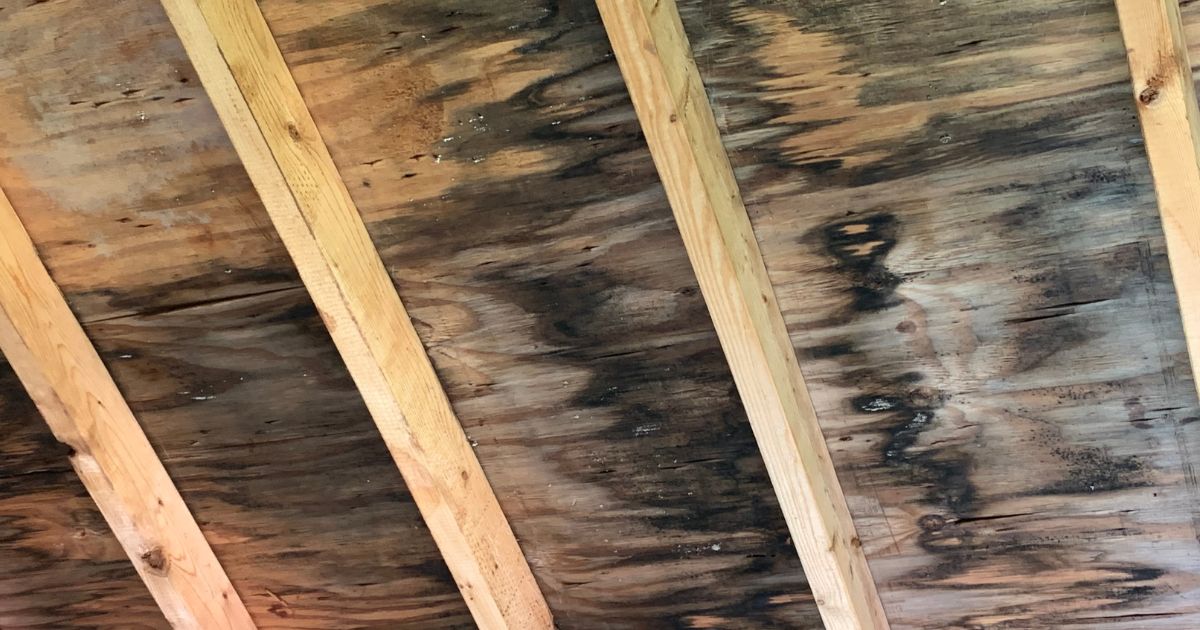MENU
- Home
- Overview
- Attorneys
- Practice Areas
- Firm News
- Blog
- Contact

Mold exists everywhere in our environment, both indoors and outdoors. Certain amounts of mold are to be expected and are even beneficial, as mold plays a role in breaking down dead material. However, large amounts of mold can cause allergies and other health problems and, in some cases, even be toxic.
Mold grows by producing tiny spores that travel through the air. A source of moisture is needed to do this, so damp and poorly ventilated environments are ideal for mold growth. Moisture can come from leaks in plumbing or a roof, humidifiers, a clothes dryer that vents to the inside, or flooding. Mold also thrives in spaces with inadequate ventilation or underground, such as basements and crawl spaces.
Anyone who lives or works in a building with a damp environment and poor ventilation has a higher risk of mold-related health problems. Mold-related health problems include allergies, asthma, bronchitis, rhinosinusitis, infections, and skin and mucous membrane irritation. Certain groups are particularly vulnerable, including the elderly, children and infants, people with compromised immune systems, and people with respiratory illnesses like lung disease, asthma, and allergies.
Some kinds of mold produce mycotoxins, and these toxins cause more serious illnesses.
Mold can grow in your living situation or workplace, hidden away in a crawlspace or under a damp roof. You may not immediately realize what is causing your health problems, but you have the right to a safe environment.
Mold cannot live and spread without a source of moisture. Therefore, the moisture in the environment must be controlled to eliminate mold. In places where mold has already been growing, moldy items, such as carpet, ceiling tiles, insulation, drywall, or wallboard, must be removed and replaced. If the mold started due to water damage or flooding, soaked upholstery or rugs that cannot be dried promptly must be removed and replaced.
Hard surfaces that can be cleaned, such as tile, stone, or metal, should be thoroughly cleaned with soap and water and treated with a commercial product or a bleach solution that contains no more than eight ounces of bleach per gallon of water. Afterward, fans, dehumidifiers, or air conditioning are used to dry out the environment. Never mix bleach with ammonia or other household cleaners because it creates toxic fumes that can be lethal.
When cleaning up mold, always wear non-porous gloves, protective eyewear, and open doors and windows to provide plenty of ventilation.
To prevent mold from returning, take the following precautions:
Employers and landlords are responsible for providing an environment free of safety hazards. If you think you are suffering from a health condition related to a mold problem in your workplace or home, contact an experienced attorney immediately to determine your best legal action.
Mold exposure in the home or workplace can be toxic and cause injury. If you think you may be suffering the effects of toxic mold exposure, call 302-656-5445 or contact us online to schedule a free consultation with one of the Wilmington environmental lawyers at Jacobs & Crumplar, P.A. With office locations in Wilmington and Millsboro, Delaware, we fight for clients in Dover, New Castle County, and Sussex County.